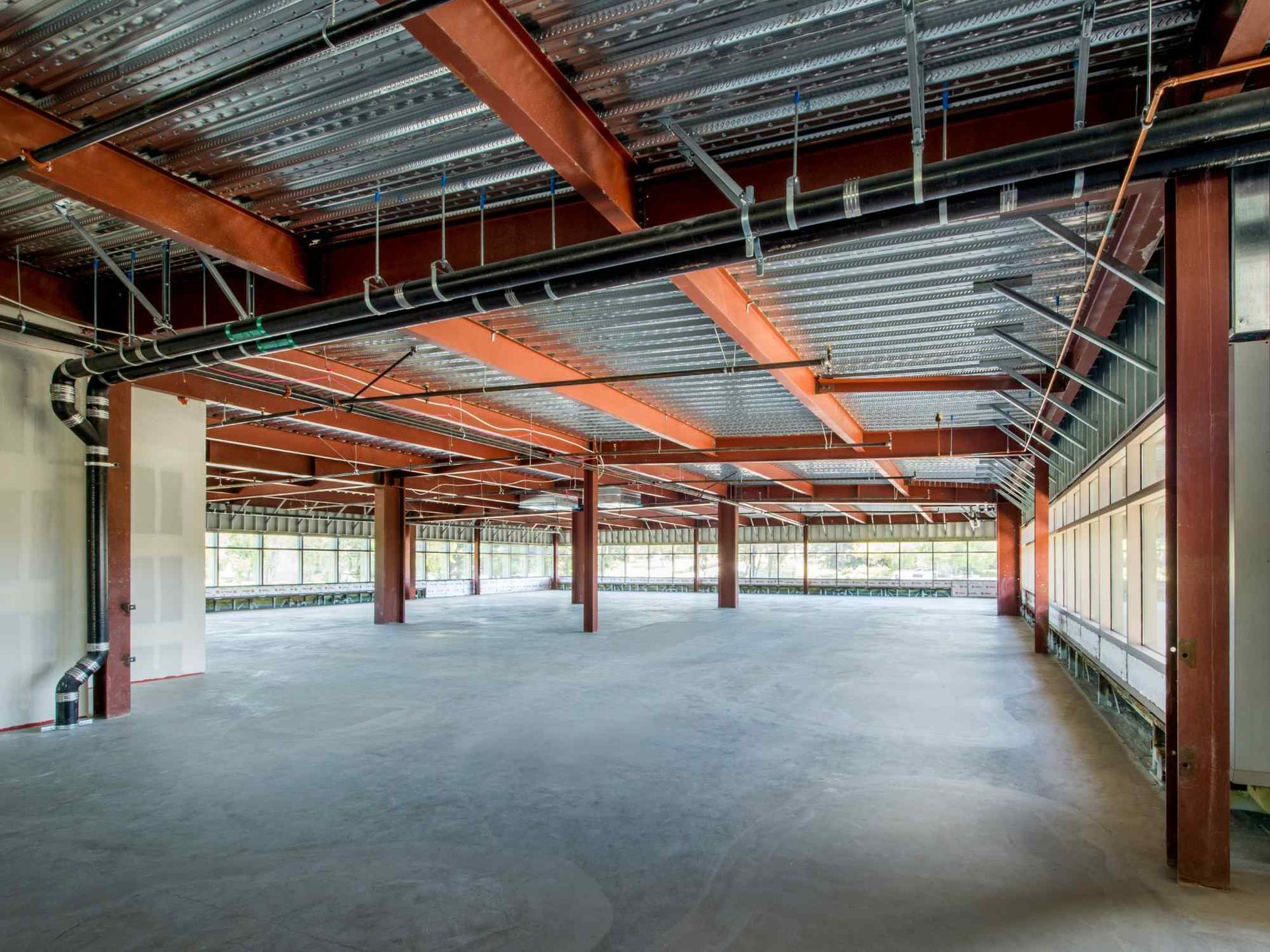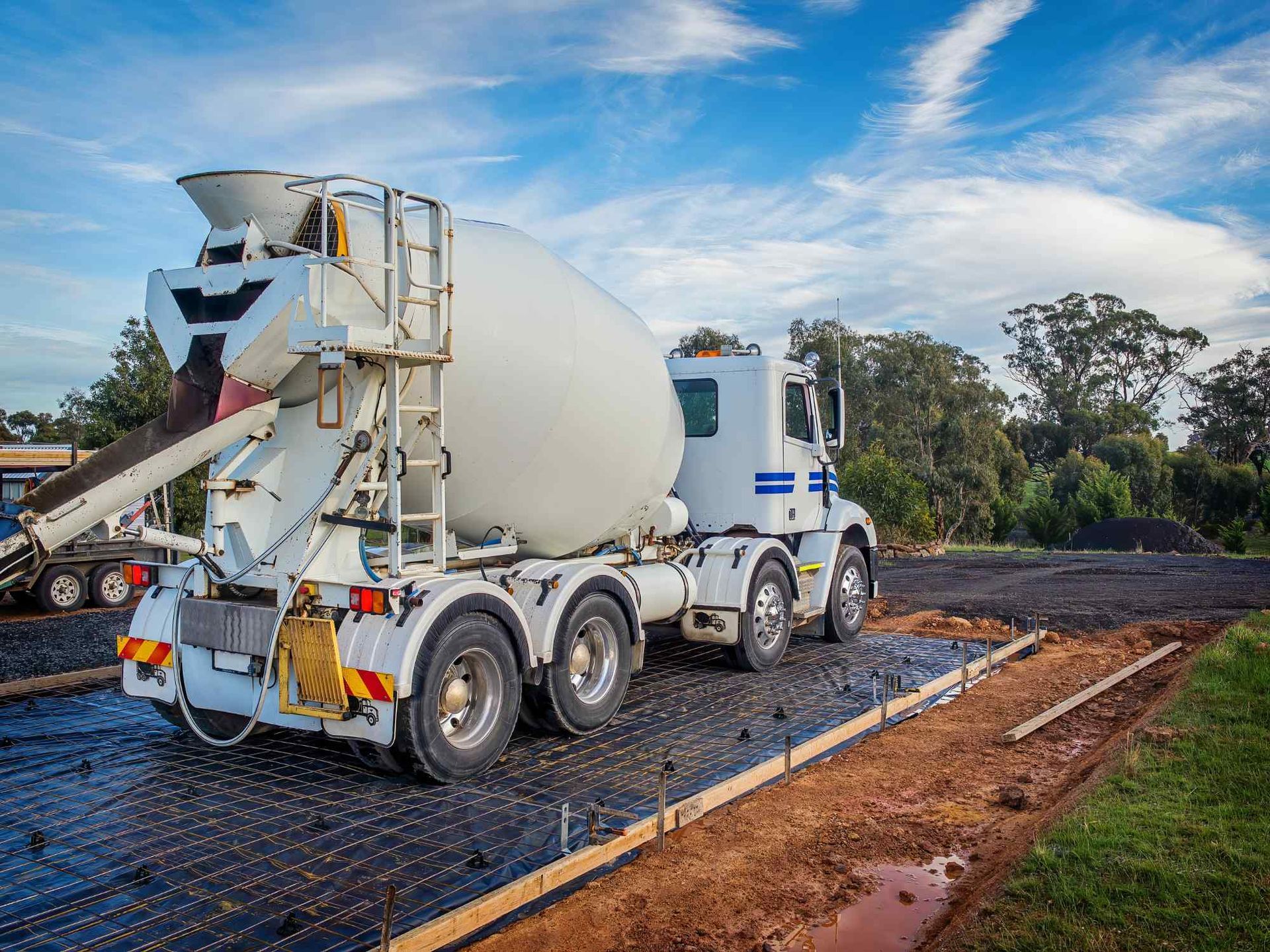Commercial Concrete Paving
Brownsville Texas
Commercial Concrete Paving Services in Brownsville, Texas
Welcome to Brownsville Paving Company, your trusted partner for
high-quality commercial concrete paving solutions. We specialize in delivering durable, long-lasting concrete surfaces for businesses, industrial facilities, and municipalities. From parking lots and sidewalks to driveways and loading docks, our expert team ensures precision, strength, and reliability in every project. With a commitment to excellence and the latest industry techniques, we provide paving solutions that enhance safety, functionality, and curb appeal. Let us help you build a solid foundation for your business with professional concrete paving services tailored to your needs.
Understanding Commercial Concrete Paving
Concrete paving is the process of creating strong, durable surfaces using a mixture of cement, water, and aggregates like sand and gravel. This method is widely used for commercial and industrial applications due to its exceptional strength, longevity, and resistance to heavy traffic and harsh weather conditions. Unlike asphalt, which requires regular sealcoating and maintenance, concrete provides a long-term solution with minimal upkeep, making it a cost-effective choice for businesses. The paving process involves site preparation, grading, forming, pouring, and finishing the concrete to ensure a smooth, level, and structurally sound surface. Depending on the project’s needs, reinforcements such as rebar or wire mesh may be added to enhance durability. Proper curing is also essential, allowing the concrete to reach its full strength and prevent cracking over time. With various finishing options available, such as broom, stamped, or polished finishes, concrete paving can be customized to improve both functionality and aesthetics. Whether for parking lots, sidewalks, loading docks, or driveways, concrete paving is a reliable and long-lasting investment for commercial properties.
The Commercial Concrete Paving Process
The commercial concrete paving process involves several key steps designed to ensure the best possible results:
Step One: Initial Assessment and Planning
The first step in the commercial concrete paving process involves a thorough site assessment and project planning. This includes evaluating the area’s soil conditions, drainage requirements, and traffic load to determine the best approach for durability and longevity. Engineers and project managers collaborate to develop a design plan, considering factors like thickness, reinforcement needs, and surface finishing. Permits and approvals may also be obtained at this stage to comply with local regulations.
Step Two: Site Preparation and Excavation
Once the planning phase is complete, the site is prepared for paving. This involves clearing debris, removing existing pavement if necessary, and excavating the area to the required depth. Proper grading and compaction are crucial to creating a stable base that prevents shifting, cracks, and drainage issues. Depending on the project’s needs, a subbase or base layer of crushed stone or gravel may be added to enhance stability and support the concrete.
Step Three: Formwork and Reinforcement Installation
Next, formwork is set up along the edges of the pavement area to contain the concrete and shape the final structure. Wooden or metal forms are used to create clean, straight edges and ensure proper alignment. Reinforcement materials such as steel rebar or wire mesh may also be installed at this stage to enhance the concrete’s strength and resistance to heavy loads and environmental stressors.
Step Four: Concrete Pouring and Finishing
Once the site is properly prepared, the concrete mix is poured into the designated area, either by truck or pump, depending on the project’s size. Workers spread and level the concrete using specialized tools to achieve a smooth and even surface. Various finishing techniques, such as broom, stamped, or polished finishes, can be applied to improve traction, aesthetics, and durability. Control joints may also be cut into the concrete to help prevent cracking as the material expands and contracts.
Step Five: Curing and Final Inspection
After the concrete is poured and finished, the curing process begins, which is essential for achieving maximum strength and durability. The surface is kept moist and protected from extreme weather conditions for several days to prevent premature drying and cracking. Depending on the type of concrete used, curing can take several days to a few weeks. Once fully cured, a final inspection is conducted to ensure the pavement meets all structural and aesthetic standards. At this stage, any additional markings, sealants, or coatings may be applied before the pavement is ready for use.
By following these five essential steps, commercial concrete paving ensures a strong, long-lasting surface that can withstand heavy traffic, harsh weather, and years of use with minimal maintenance.
Customer Experience During Concrete Paving
We strive to ensure that your experience with our commercial concrete paving services is smooth and stress-free from start to finish. During the initial assessment, we take the time to listen to your specific needs and concerns, customizing our approach to meet your project requirements. Our knowledgeable team is always available to answer any questions about the process, materials, timelines, and expected outcomes. Throughout each stage of the concrete paving process, we maintain clear and open communication, providing regular updates so you know what to expect next. We believe in full transparency about the work being done, which fosters trust and confidence in our services. Many of our clients express appreciation for our proactive approach, as it reassures them that their project is in capable hands. By keeping you informed at every step—from site preparation to pouring, finishing, and curing—we ensure that you understand how each phase contributes to a strong, long-lasting concrete surface for your commercial property.
Why Choose Our Commercial Concrete Paving Service?
What sets our commercial concrete paving service apart from others in Brownsville is our dedication to using only the highest quality materials and executing every project with precision and care. While some companies may offer quick and inexpensive solutions, we prioritize long-term durability, ensuring that your concrete surfaces stand the test of time. Our team consists of highly skilled professionals who understand the unique challenges posed by the local climate and heavy traffic conditions. This expertise allows us to recommend the best concrete mix, reinforcement techniques, and finishing options tailored to your specific needs. Additionally, we follow industry-leading practices for site preparation and curing, preventing common issues like premature cracking or uneven surfaces. We are also committed to environmentally responsible solutions, using sustainable materials and techniques that comply with all local regulations. In the end, choosing our concrete paving service means investing in quality, reliability, and a surface built to last. Contact us today to learn how we can provide the perfect concrete solution for your commercial property!
FAQ for Commercial Concrete Paving
What is commercial concrete paving, and how does it differ from residential paving?
Commercial concrete paving is the process of installing durable concrete surfaces for businesses, industrial facilities, and municipalities. It differs from residential paving in that it typically requires thicker slabs, reinforced concrete, and specialized finishing techniques to withstand heavy traffic, large vehicles, and environmental stressors.
How long does commercial concrete paving last?
When properly installed and maintained, commercial concrete paving can last 30 to 50 years or more. Factors such as traffic load, climate, and regular maintenance play a role in its longevity. Proper curing, joint placement, and periodic sealing or cleaning can further extend its lifespan.
What is the typical timeline for a commercial concrete paving project?
The timeline depends on the project’s size, complexity, and weather conditions. On average, a commercial concrete paving project can take anywhere from a few days to several weeks, including site preparation, pouring, finishing, and curing. The curing process alone typically requires at least 7 days before the surface can handle light traffic and up to 28 days for full strength.
How thick should commercial concrete pavement be?
The thickness of commercial concrete paving varies depending on the type of traffic and usage. For standard parking lots, a thickness of 4-6 inches is common, while high-traffic areas such as loading docks and roadways may require 8-12 inches with reinforcement like rebar or wire mesh.
Does commercial concrete paving require reinforcement?
Yes, reinforcement such as rebar or wire mesh is often used to enhance the concrete’s strength and prevent cracking. Heavy-duty applications, such as industrial yards or highways, may require additional reinforcements to support extreme loads.
How do you prevent concrete from cracking?
While minor cracks are natural due to expansion and contraction, proper installation techniques minimize significant cracking. This includes using high-quality materials, placing control joints to guide natural cracking, reinforcing the concrete, and ensuring proper curing. Regular maintenance can also help prevent further damage.
What type of maintenance does commercial concrete paving require?
Commercial concrete surfaces require minimal maintenance compared to asphalt. Routine maintenance includes regular cleaning, sealing (if applicable), repairing minor cracks promptly, and keeping drainage systems clear to prevent water damage. Periodic inspections help detect issues early and extend the pavement’s lifespan.
How does weather impact commercial concrete paving?
Extreme temperatures, moisture, and freeze-thaw cycles can affect concrete paving. In hot climates, proper curing is essential to prevent rapid drying and cracking. In colder regions, using air-entrained concrete can help resist freeze-thaw damage. Proper drainage is also crucial to avoid water accumulation that can weaken the pavement.
How soon can commercial concrete be used after installation?
While concrete sets within a few hours, it requires proper curing before it reaches full strength. Light foot traffic is usually allowed after 24-48 hours, while vehicles should wait at least 7 days. For heavy-duty applications, a full 28-day curing period is recommended before exposing the surface to maximum loads.
Why choose concrete over asphalt for commercial paving?
Concrete offers superior durability, lower maintenance costs, and a longer lifespan compared to asphalt. While asphalt may be cheaper upfront, concrete requires fewer repairs and can handle heavier loads without rutting or softening in high temperatures. Additionally, concrete reflects more sunlight, reducing heat buildup and energy costs for surrounding buildings.
Quick & Reliable
We are available 24/7 for all your Asphalt and Concrete Paving needs in Brownsville and Cameron County, Texas!
Navigation
Working hours
- Mon - Fri
- -
- Saturday
- -
- Sunday
- -
All Rights Reserved | Brownsville Paving Company


